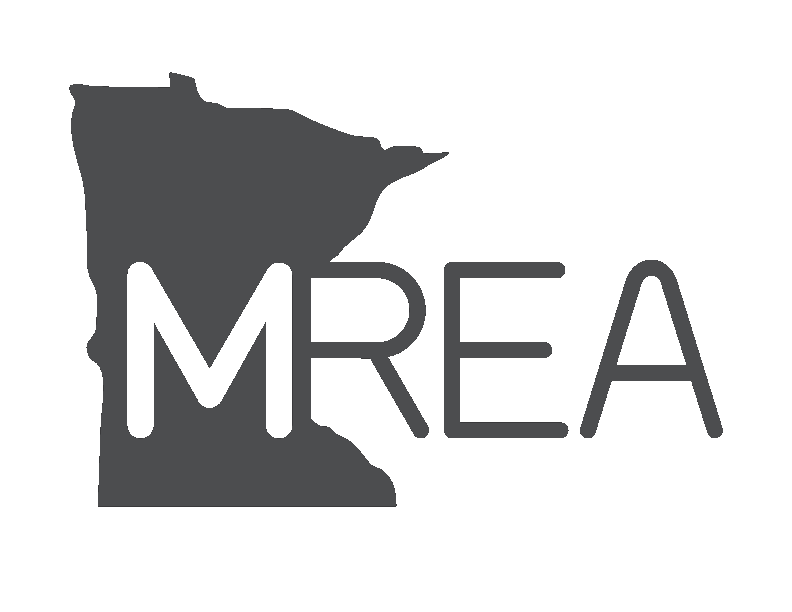From beneficial electrification to diversifying power generation sources, the energy industry is facing extraordinary change. Minnesota’s electric cooperatives are proactively engaging in solutions for long-term grid reliability and affordability amid the transition. To provide electric cooperatives with national and global perspectives on these issues, the Minnesota Rural Electric Association (MREA) recently hosted an Energy Issues Summit for electric cooperative leaders across four states.
“The electric industry has a lot on its plate. I’ve never seen such a comprehensive set of issues affecting this industry,” says Patricia Hoffman, Principal Deputy Assistant Secretary for the Office of Electricity at the U.S. Department of Energy, highlighting climate change, severe weather, flexible energy generation and reliable infrastructure as issues of significance.
Throughout the Summit, electric cooperative CEOs, directors and staff discussed innovations and changes related to electric grid modernization and resiliency, national climate policy implications for cooperatives, and preparing for the changing expectations of energy consumers. Other key topics included new opportunities related to energy efficiency incentives for Minnesota’s utilities and electric co-ops.
Minnesota’s not-for-profit electric cooperatives have a member-centric focus on delivering safe, reliable, affordable and increasingly clean energy. Engaging in strategic conversations about the evolving energy industry ensures balanced outcomes and long-term sustainable solutions for electric cooperative members.
Notable speakers also included Dr. Massoud Amin, widely credited as the father of the smart electric power grid, and Dr. David Gattie, a researcher focused on comprehensive energy policy and integrated resource planning in the electric power sector.
Amin advised an integrated approach to issues like aging infrastructure, grid resiliency and cybersecurity of smart grid assets. Gattie shared his concerns about global geopolitical implications in addressing climate change, noting that it is a global problem that requires a global solution.
Additionally, Sen. Jason Rarick and Rep. Zack Stephenson each received MREA’s inaugural Legislator of the Year Award for their leadership on the Energy Conservation & Optimization (ECO) Act, including chief authoring the bill. The ECO Act modernizes Minnesota’s Conservation Improvement Program (CIP) and allows energy providers to embrace beneficial and impactful new technologies and evolving trends. This legislation illustrates Minnesota’s electric cooperatives’ leadership role in creating long-term energy solutions with a member-consumer focus.
“Passing legislation, such as the ECO Act, is not easy in a state with the only divided legislature in the country,” says Jenny Glumack, MREA Manager of Legislative Affairs. “Sen. Rarick and Rep. Stephenson put the needs of Minnesotans first by advocating for this groundbreaking legislation. Not only will Minnesota’s electric co-op members benefit from this monumental energy policy that was years in the making, but it will also have positive environmental impacts.”
###
ABOUT THE MINNESOTA RURAL ELECTRIC ASSOCIATION
The Minnesota Rural Electric Association (MREA) is a nonprofit trade association serving Minnesota’s electric cooperatives. MREA provides legislative and regulatory representation, director and employee education programs, technical training for electric cooperative line workers, and serves as the focal point for cooperation among cooperatives. Minnesota’s 44 distribution cooperatives serve about 1.7 million Minnesotans in all 87 counties and operate the largest distribution network in the state with more than 135,000 miles of electric lines.
For more information, contact:
Krista Benjamin, Director, Education & Communication, 763-424-7235
